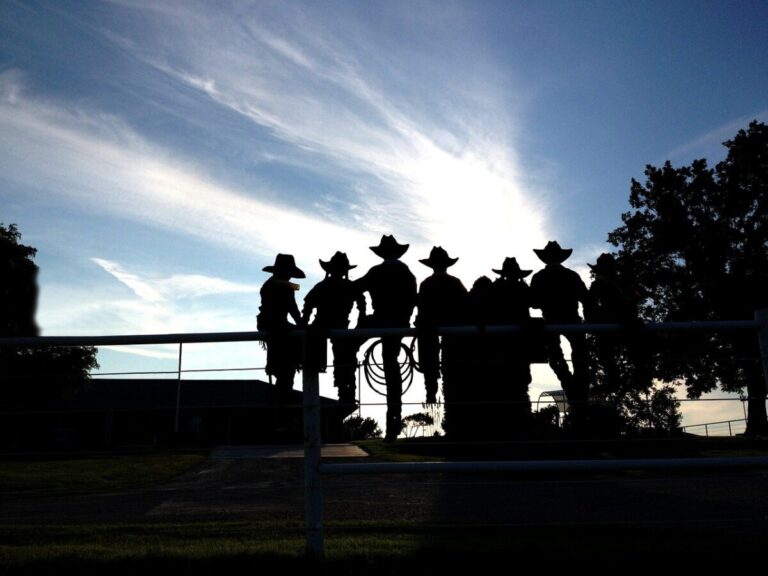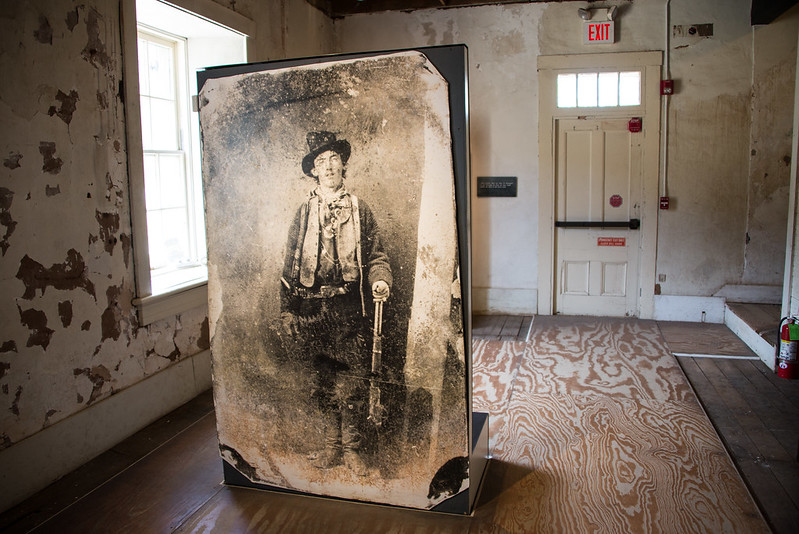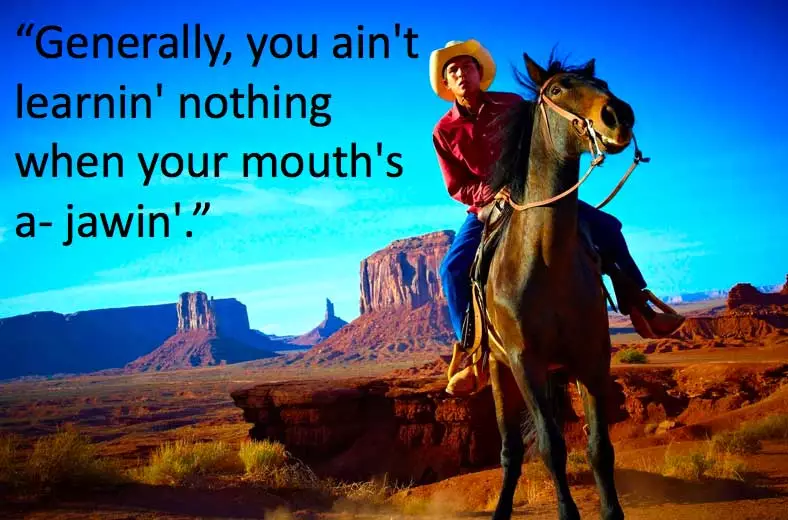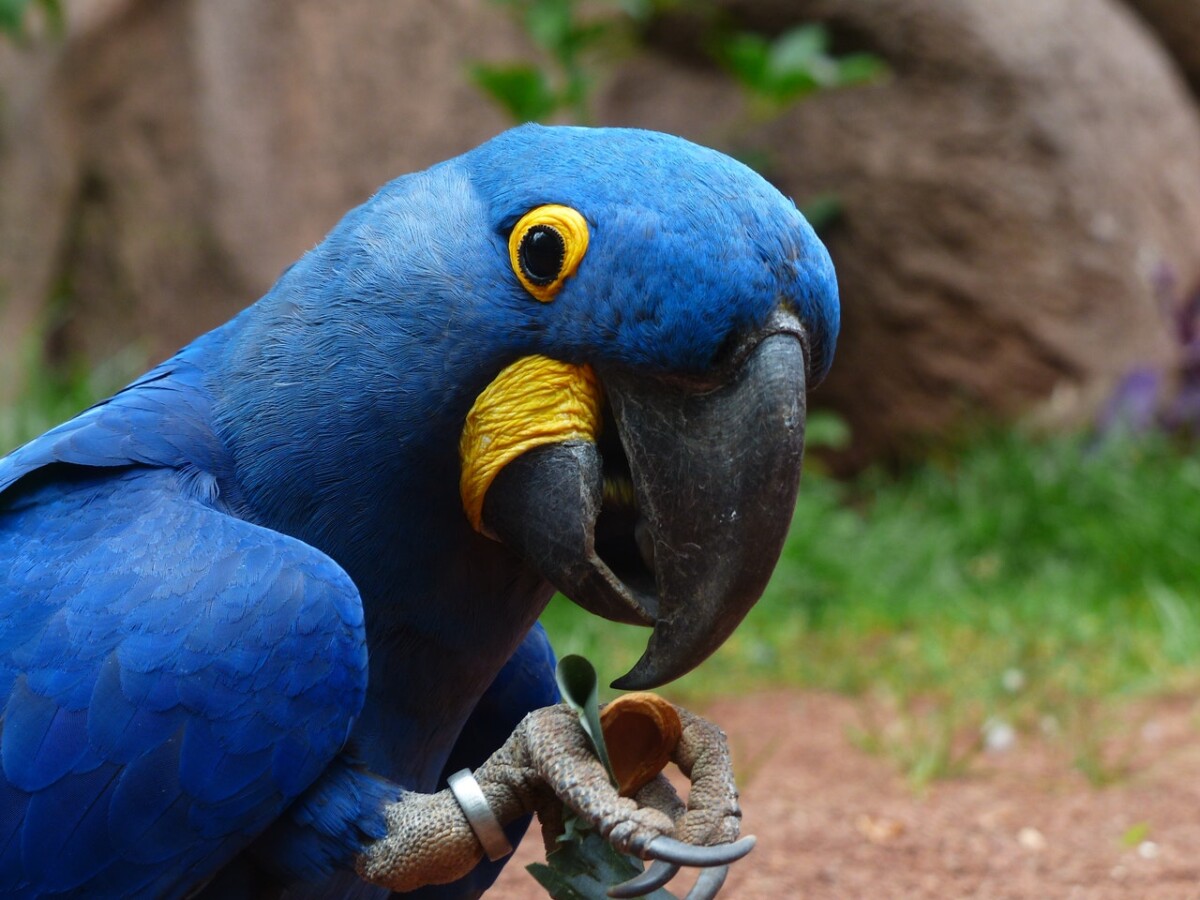7 rogues and cowboys that fundraisers should aspire to learn from

The use of the term ‘cowboy’ as an insult has always puzzled me. As someone that has never saddled a horse, let alone herded cattle, it strikes me that cowboys and cowgirls must be incredibly skilled, strong and hard-working. It seems a shame that such a vital and honourable profession should be smeared by lazy, unfounded insults.
This week I’ve been trying to find the lessons fundraisers can learn from some well-known “rogues and cowboys”. Here are some suggestions – I’d love to hear yours!
1. Woody from ‘Toy Story’
I think if I was going to be any fundraising cowboy I would want to be Woody. After all, who doesn’t want to have a relationship with their supporters where both sides are able to say “you’ve got a friend in me”?
Advertisement
There is so much to admire about Woody’s character, not least his dedication and commitment to a cause. As voice actor Tom Hanks says “Woody is a passionate guy who throws himself into every action. As soon as he has an instinctive thought like “I have to help them”…he does it with 100 per cent commitment. You gotta love that about anybody.”
However, it’s Woody’s creativity that I really like and what I want to aspire to. When he finds himself in a sticky situation he looks at the skills of the people around him, the resources available and devises a way out.
2. Del Boy from ‘Only Fools and Horses’
Derek Trotter is the archetypal rogue trader – a man who could “smell a fiver in a force 9 gale”. Granted, a lot of Del’s techniques would fall foul of your ethical fundraising policy – I would suggest steering clear of illegal goods, lying to people and tax avoidance.
However, you can’t help but love Del’s ambition and optimism. Rather than basing his budget on last year’s income plus 1-2%, he sets himself an ambitious income target to aim for. Fundraisers looking to achieve a step change in their fundraising can learn from Del’s approach – start from your intended end point (in Del’s case, to be a millionaire by next year) and then map out the actions, investment, resources, processes and partners needed to get there.
I also like that Del wasn’t embarrassed by his ambition. Instead, he communicated his goals clearly to inspire those closest to him and to secure their involvement.
3. Rogue from Marvel Comics and X-Men
Imagine if you could absorb a supporter’s memories just by touching them. That is the super-power that X-Men member Rogue has been blessed (or cursed) with. Being able to see the world through our supporters’ eyes is an important part of behaving in a donor-centric way.
While most of us can’t rely on simply pressing the flesh to get this information, fundraisers do have the power to learn about a supporter’s memories and experiences by taking time to get to know them. While it may take a little longer than Rogue, the approach us mere mortals must take means stronger, more genuine relationships with our supporters.
(NB It is not clear what view the ICO will take of Rogue’s practices, in light of upcoming changes to Data Protection rules…although she should probably be getting consent before touching people anyway.)
4. Billy the Kid

Photo: Kent Kanouse on Flickr.com
No list of Rogues and Cowboys would be complete without an appearance from Billy the Kid – the cowboy turned gunslinger. However, I’m struggling to find traits that fundraisers can learn from a Regulator that shoots first and asks questions later. Answers on a postcard…
5. Annie Oakley
What fundraiser would not want to be like Annie Oakley, the diminutive sharp-shooter famed for her ability to consistently hit difficult targets? While a natural ability was clearly important, I love the huge emphasis that Oakley put on the need to keep practicing, improving and learning from your mistakes:
“Aim at the high mark and you will hit it. No, not the first time, not the second time and maybe not the third. But keep on aiming and keep on shooting for only practice will make you perfect. Finally you’ll hit the bull’s-eye of success.”
6. Dr Gregory House from House
Fans of House will know that the maverick lead character has provided us with a gold mine of quotes and cynical one-liners. When it comes to assessing patients to find the correct diagnosis, House consistently remembers an important fact – there is a big different between how people say they behave, and how they actually behave. Fundraisers who base their actions solely on what people say are at risk of a ‘misdiagnosis’ when it comes to evaluating their work and planning the next campaign or appeal.
I also admire House’s awareness that sometimes you have to take risks or try something new in order to get a result. While these risks don’t always pay off, House knows that there is a greater risk in standing still.
7. Captain Jack Sparrow from ‘Pirates of the Caribbean’
One of the (many) pearls of wisdom that has stuck with me from “Relationship Fundraising” is the idea that the role of a fundraiser should be like that of a ‘double agent’ – equally serving both the supporter and the cause.
Throughout the ‘Pirates of the Caribbean’ films you can never be completely sure which side Jack is working for. However, unlike Jack, you need to be sure that both sides trust you and that both sides benefit.
Finally, I leave you with some Wild West Wisdom that we would all be wise to keep in mind as we look to build relationships:











